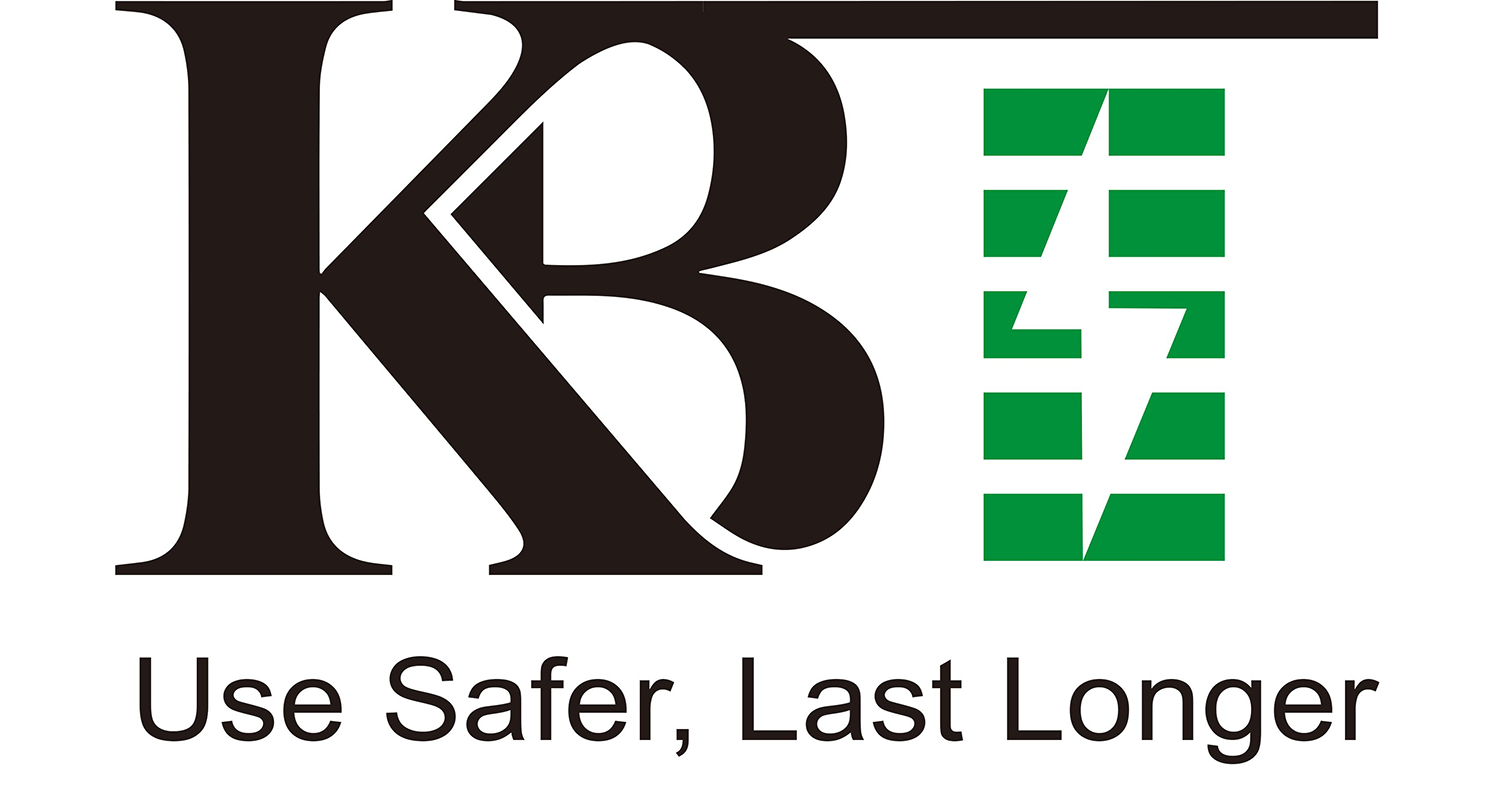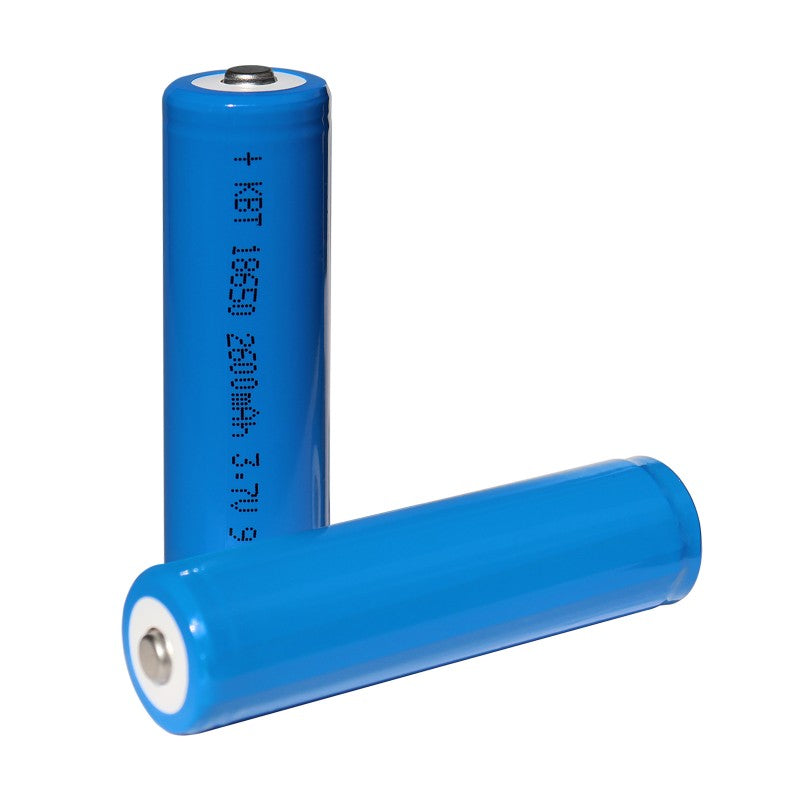The 18650 lithium-ion battery has become the gold standard in rechargeable power sources for a wide range of applications—from flashlights and power tools to electric vehicles and energy storage systems. But if you're in the market for 18650 rechargeable batteries, you’ve likely encountered two key terms: protected and unprotected batteries.
Understanding the difference between the two is critical not just for safety, but also for performance and compatibility. In this article, KBT, a trusted manufacturer of premium 18650 li-ion rechargeable batteries and battery packs, provides a comprehensive guide to help you make the right choice.
What is an 18650 Battery?
The 18650 rechargeable battery is a cylindrical lithium-ion cell with a diameter of 18mm and a length of 65mm. It typically delivers 3.6–3.7V and offers a high energy density, making it ideal for compact, high-power applications.
Whether used in a battery pack or as a standalone power source, 18650 cells are known for their durability, recharge cycles, and wide application range—from consumer electronics to industrial systems.

Protected 18650 Batteries: Safety First
Protected 18650 lithium-ion batteries come with a built-in protection circuit module (PCM), which helps prevent:
-
Overcharging
-
Over-discharging
-
Overcurrent
-
Short-circuiting
-
Thermal runaway
These batteries are ideal for general consumer use, where safety and ease of operation are essential. Devices like LED flashlights, headlamps, and consumer-grade portable electronics often require protected cells for safe performance.
Pros:
-
Enhanced safety features
-
Ideal for beginner users
-
Reduces risk of damage to device or battery
-
Suitable for standalone use in low-power electronics
Cons:
-
Slightly longer and may not fit all housings
-
Slightly higher cost due to added circuitry

Unprotected 18650 Batteries: For Experienced Users
Unprotected 18650 li-ion rechargeable batteries do not include a built-in safety circuit. These are commonly used in custom 18650 battery packs, battery banks, and advanced electronics where external protection is already integrated into the system.
Because they lack internal protection, these batteries require careful handling, precise charging equipment, and thorough knowledge of safe lithium-ion usage.
Pros:
-
More compact, standard size
-
Higher continuous discharge rate (ideal for high-drain devices)
-
Better suited for custom and professional battery pack assembly
Cons:
-
Higher risk of overheating, short-circuiting, or thermal issues
-
Requires external BMS (Battery Management System)
How to Choose: Protected vs. Unprotected
When deciding between protected and unprotected 18650 batteries, consider the following:
| Criteria | Protected | Unprotected |
|---|---|---|
| Application Type | Consumer | Professional |
| Battery Handling | Plug-and-play | Skilled and supervised |
| Space Constraints | Slightly longer | Standard size |
| Custom Pack Use | Not ideal | Preferred |
| Safety Needs | High | Lower, managed externally |
If you're unsure, KBT recommends starting with protected 18650 rechargeable batteries for individual or consumer use. For high-drain applications or custom-built 18650 battery packs, unprotected cells managed by a robust BMS are usually the better fit.

Why Choose KBT 18650 Batteries?
At KBT, we specialize in delivering safe, high-performance lithium-ion energy solutions for industries and OEMs worldwide. Our full range includes:
-
Protected 18650 rechargeable batteries for consumer safety and peace of mind
-
Unprotected 18650 lithium-ion cells for advanced applications and custom pack integration
-
Custom 18650 battery packs engineered with precision and certified quality assurance
With industry-leading R&D, strict quality control, and international certifications, KBT ensures every battery meets or exceeds safety, capacity, and reliability expectations.
Final Thoughts:
Understanding the difference between protected and unprotected 18650 batteries helps prevent accidents, extends the life of your devices, and ensures the best performance for your application. Whether you're powering a simple flashlight or building an advanced energy system, choosing the right battery—backed by a trusted brand like KBT—makes all the difference.
Need help choosing the right 18650 li-ion rechargeable battery or a custom battery pack?
Contact KBT today for expert consultation and tailored power solutions

